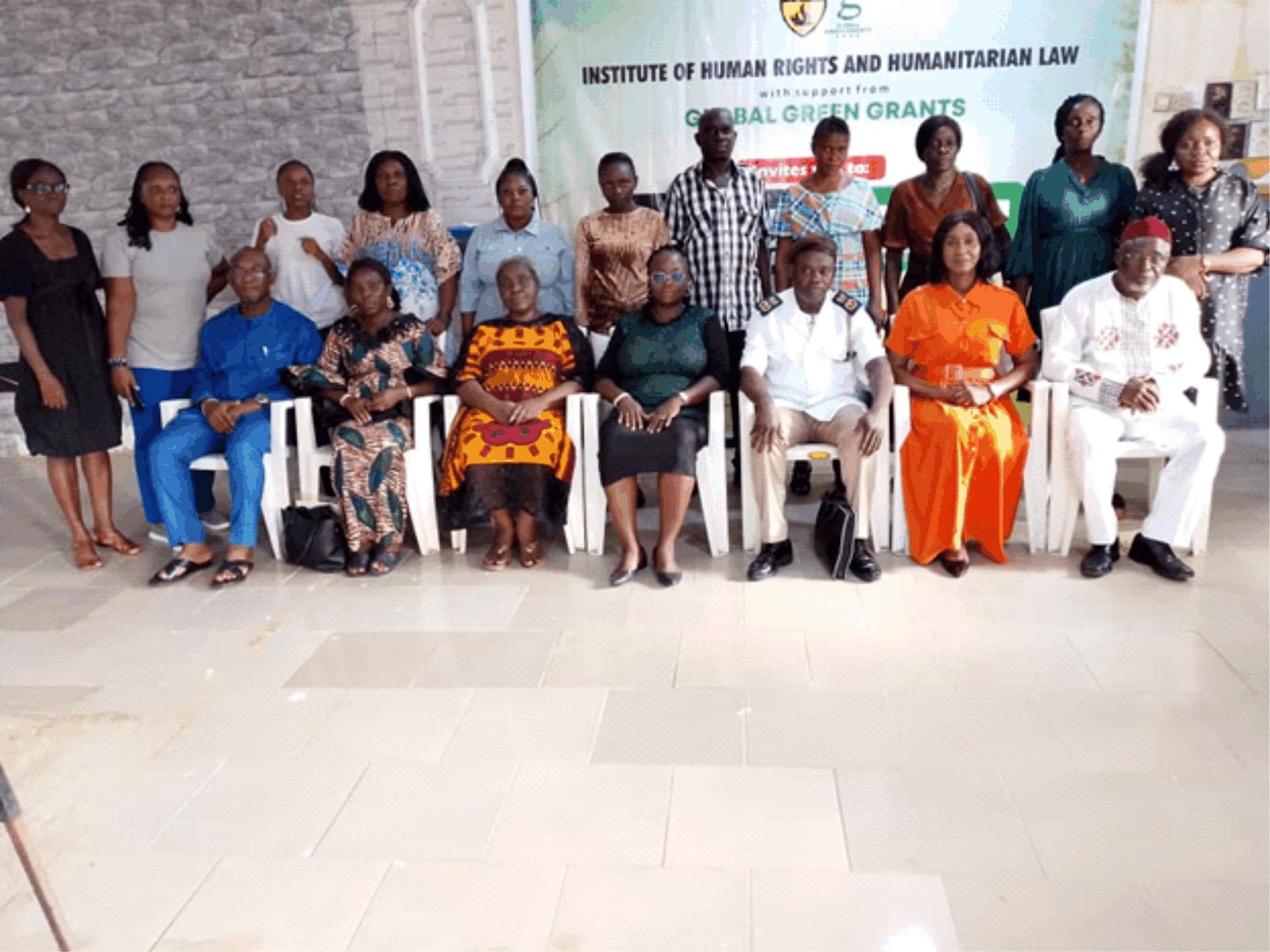
Ten women-led civil society organizations in Côte d’Ivoire’s Lôh-Djiboua region have received specialized training on incorporating gender-sensitive budgeting (GSB) into community efforts to combat climate change.
The three-day workshop, held in Divo from July 21 to 23, was organized by the Ivorian Network for the Defense of Children’s and Women’s Rights (RIDDEF) as part of a biodiversity restoration initiative supported by Global Affairs Canada.
Led by RIDDEF President Chantal Ayemou, the training brought together around twenty women leaders to explore how gender-responsive financial planning can promote equity in resource allocation and decision-making.
The program was designed to enhance women’s participation in climate and biodiversity governance while strengthening community resilience against environmental challenges.
Expert trainer Wognin Marius presented practical strategies on “Integrating Gender-Responsive Budgeting and Gender into Community-Based Biodiversity Restoration,” outlining how GSB can be used to ensure women’s specific needs are addressed in project planning.
He emphasized that the methodology not only serves women but also incorporates the priorities of men, people with disabilities, and the elderly to achieve fairness across communities.
Recommendations emerging from the workshop included prioritizing women’s involvement in land allocation processes, introducing high-nutrient plant species into agricultural projects, and improving access to water resources. Participants were urged to integrate these principles into all future initiatives, amplifying women’s voices at both regional and national levels to guarantee that gender considerations remain central to environmental policies.
The Divo session formed part of the broader “Nature-Based Climate Adaptation in the Guinean Forests of West Africa” (NBS or SNF project), coordinated in Côte d’Ivoire by RIDDEF in collaboration with Global Affairs Canada, the World University Service of Canada (WUSC), and the Centre for International Studies and Cooperation (CECI). The initiative underscores the role of inclusive, gender-responsive planning in addressing climate impacts while fostering sustainable community development.



